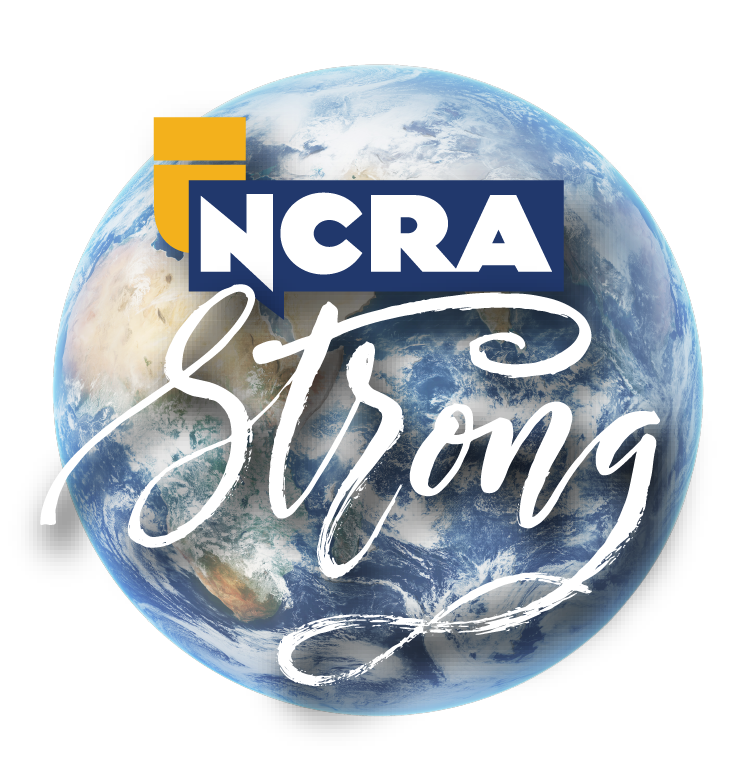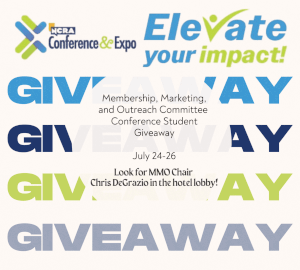By Stacey Raikes
I’ve been a fan of chef, author, and travel TV host Anthony Bourdain for all of my adult life. Every episode was an adventure, and everything about the narration style of his shows and how he welcomed his viewers into his world through that camera lens was beyond intriguing to me. He was sarcastic and gracious but, dare I say, troubled. His pain was palpable, even through the television screen.
It hit me like a ton of bricks when I woke up on June 8, 2018, to the news that the 61-year-old beloved chef Anthony “Tony” Bourdain took his own life in a hotel room in France while filming an episode of Parts Unknown. Here was the man doing everything in his life that I wished I could do in mine, and now his fantastical life was over and his show, A Cook’s Tour, had come to an abrupt halt. Fast forward three years later to July 2021 when a film touted as a documentary on Tony’s life and career is released at the Tribeca Film Festival and then distributed to the masses. Cue the controversy.
The movie is a collection of interviews with friends and colleagues peppered with old clips and snippets from the vast library of TV shows and interviews Tony amassed since finding fame with his first book, Kitchen Confidential: Adventures in the Culinary Underbelly, in 2000. But shortly after the movie was released, the filmmaker, Morgan Neville, revealed in an interview that there were lines that Tony had written in an email that there were no recordings of. So he turned over a dozen hours of previously recorded samplings of Tony’s voice to a software company and that company then “deepfaked” Tony’s voice reading the email. Neville’s revelation opened up a conversation among Tony’s fans, the press, and the public that called the documentary’s ethics into question, questions to which the filmmaker glibly replied, “If you watch the film, other than that line you mentioned, you probably don’t know what the other lines are that were spoken by AI, and you’re not going to know. We can have a documentary ethics panel about it later.”
This writing isn’t meant to be a Rotten Tomatoes movie review or an Anthony Bourdain fan club startup page. How does this pertain to court reporting, you ask?
We’ve all heard for years about the threat of AI and digital recording to our beloved profession. We know the companies that are out there touting their products and what they can do for the “low, low price of ….” The STRONG Committee has built a comprehensive and informative arsenal of information and resources on the NCRA website for all of us to access in regard to these topics. People ask: “Why don’t they just record?” “Isn’t that a dying profession?” Hogwash. We are here, and we are here to stay. We are NCRA STRONG. And now, through Tony’s life and death, we have another pop culture analogy to serve as an example of just why we are the gold standard.
Next time you’re asked why you “don’t just record,” put the question back to that person and ask them if they’re willing to take a chance with their transcript being tampered with in some nefarious way. There isn’t a single doubt in my mind, nor should there be in yours, that we are the gold standard. We are the Guardians of the Record. We operate under ethical guidelines, and we are already governed by a Code of Professional Ethics. We are the impartial, non-party person in the room – or Zoom room as the case may be – certifying that what took place is truly what took place and attesting that what we say came out of a person’s mouth can actually be ascribed to that individual. So we know all of this in our heart of hearts. Now what do we do with that information? Because it cannot rest with us. In the words of Rich Germosen, RDR, CRR, “Let ’em know we’re out here!” It starts with each of us in ways both large and small.
Your NCRA STRONG Committee Co-Chairs Sue Terry, FAPR, RPR, CRR, CRC; and Phyllis Craver-Lykken, RPR, gave a seminar at the 2021 NCRA Conference & Expo entitled, “Education is Power – STRONG’s Sculpting Techniques.” Some video clips from an interview with a judge and court administrator stemming from that seminar are being disseminated on social media and on NCRA’s YouTube channel. Please look out for them. Sharing is encouraged. Some useful information is interspersed throughout those clips, and we hope you find them enlightening and useful as well.
One of my favorite takeaways from the interview with Judge Adolfo A. Tornichio was this: “Know your value; impart that value.” We must continue to educate lawyers, judges, paralegals, and our communities at large. That education starts through conversation, and we think you will thoroughly enjoy the icebreaker interviews we had. Our hope is that you will spark up similar conversations in your professional communities and keep the dialogue open and honest about the pitfalls of AI as it relates to the profession we love and value so much. Talk about the deepfakes you hear about. Mention the failures and losses when it comes to audio recordings. Keep a record of when you see a digital recorder or hear of a firm intentionally or inadvertently using their services. Just one seemingly small exchange can change minds and move mountains.
Oh, and one last thing: Colleagues, friends, let’s be reminded to look after our mental health, for heavy is the head that wears the Gold Standard crown.
Stacey Raikes, RMR, CRR, is an official court reporter from Cape Coral, Fla., and a member of NCRA’s STRONG Committee. She can be reached at sraikesrmrcrr@gmail.com.





[…] we can do but go digital.” Let me pull a word from Stacey Raikes’s amazing JCR article: Hogwash. It was a sweet lie to ride on. It’s over now. And make no mistake that it is a lie so […]